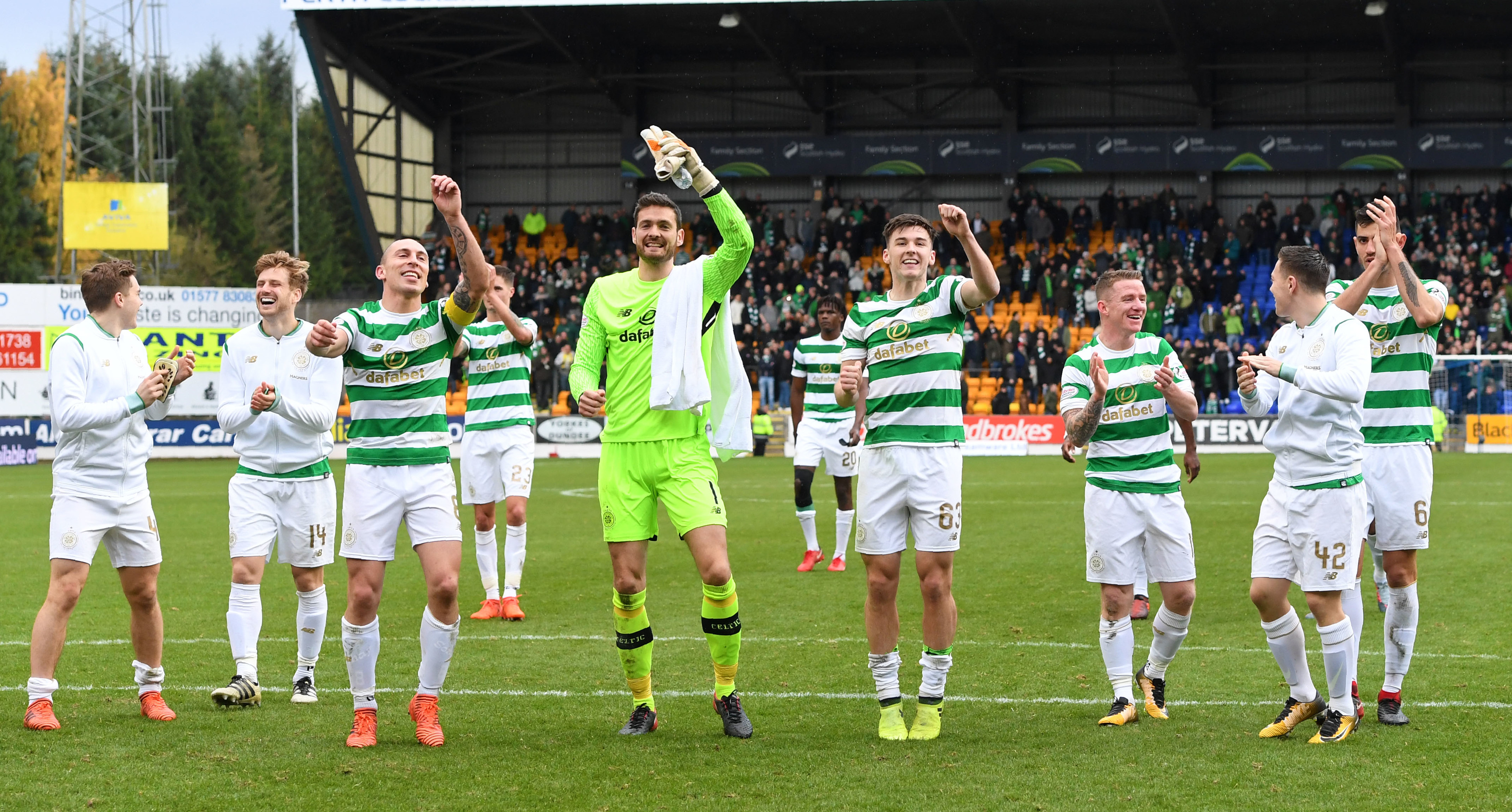
CELTIC’S own British record for unbeaten domestic games stood for 100 years until Brendan Rodgers’ side went one better by stretching their run to 63 matches.
Saturday’s 4-0 victory at St Johnstone was a clinical way of achieving the landmark.
The previous record was set by Willie Maley’s side during the First World War, during a time when only league football was played.
Between 1914 and 1917, internationals and the Scottish Cup were put on hold while the League Cup did not emerge until after the Second World War.
Premier League Weekly: Southampton should be aiming to be the best of the rest
During that time, Celtic won the league four times in a row and instrumental in that success was a unbeaten run of 62 matches between November 1915 and April 1917.
It was a 2-0 home win over Kilmarnock in front of 4,000 fans, thanks to goals by Joe Dodds and James McColl, which set the Parkhead club on their way. The run was halted with a 2-0 defeat, coincidentally at the hands of Kilmarnock, at Celtic Park, Glasgow.
Remarkably, Celtic played twice in one day during that sequence.
Defender Kieran Tierney remembers the start of Celtic’s unbeaten run very well
On April 15, 1916, Celtic beat Raith Rovers 6-0 at Parkhead to take the title and take their goal total to 104 in 34 matches, beating Falkirk’s 103 goals in 34 matches record set in season 1907/1908.
Later in the day the Hoops travelled to Lanarkshire to beat Motherwell 3-1 at Fir Park.
Maley’s side won 49 matches during their record-breaking run, drawing 13, scoring 126 goals and conceding just 16.
The captain was James ‘Sunny Jim’ Young and other notable players included Patsy Gallacher and Jimmy McMenemy, left winger Johnny Browning, right winger Andy McAtee and goalkeeper Charlie Shaw.

Enjoy the convenience of having The Sunday Post delivered as a digital ePaper straight to your smartphone, tablet or computer.
Subscribe for only £5.49 a month and enjoy all the benefits of the printed paper as a digital replica.
Subscribe